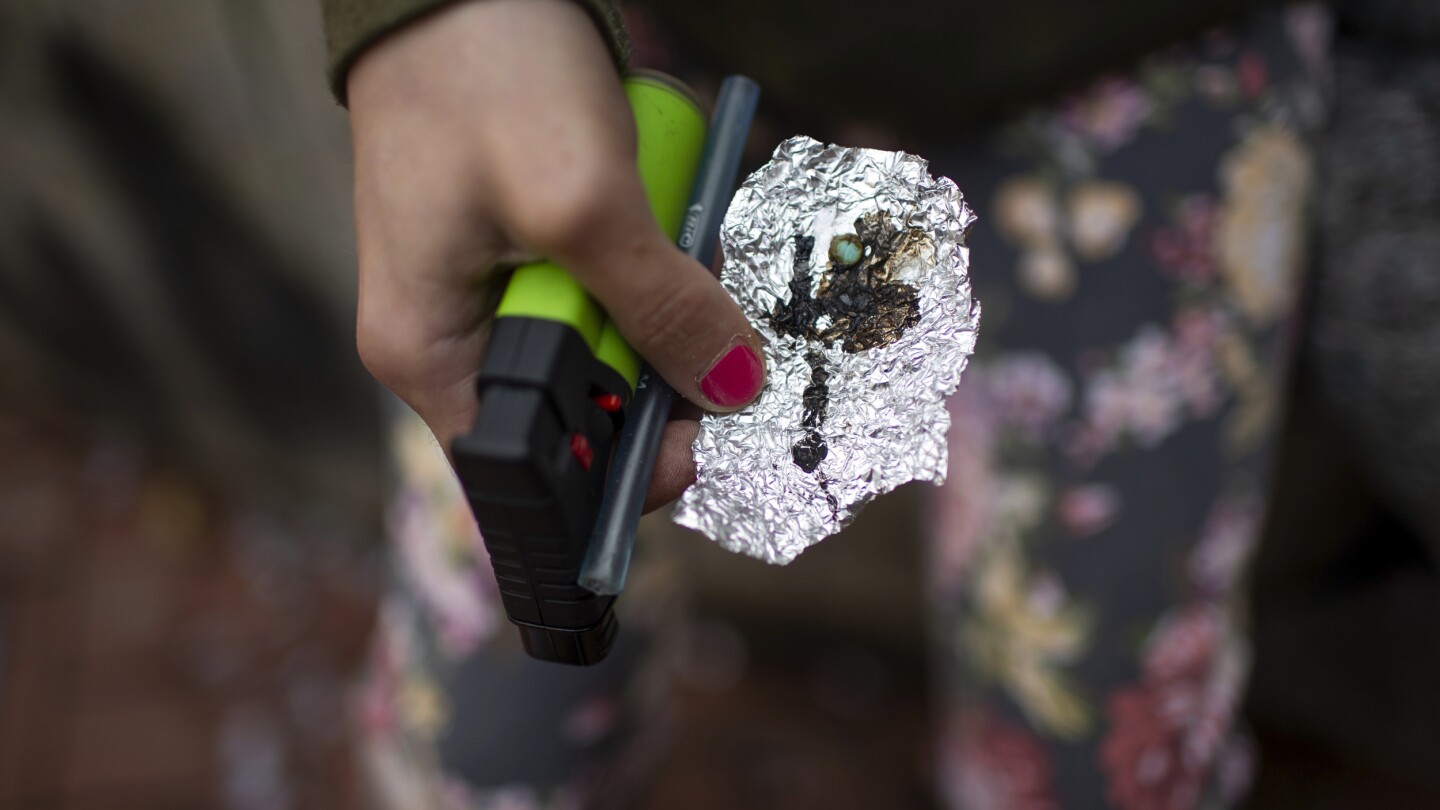Hi. I’m a bit of a news junkie.
- 589 Posts
- 57 Comments

 41·1 year ago
41·1 year agoMy comment is more to you talking about trains in general, as there are already regular trains in place. This is more about where high-speed rail fits in. AP News also has an article on it:
“I’m so happy and very excited that finally we can ride a bullet train in Indonesia,” said Christianto Nusatya, a Jakarta resident who joined a public test ride last week. “But still, I would prefer to choose a regular train or car, because Jakarta-Bandung is too short and not worth it to be reached by high-speed train.”
Deddy Herlambang, executive director of the Jakarta-based NGO Institute for Transportation Studies, said the public does not really need a high-speed train on the Jakarta-Bandung route because there were already many other ways of traveling between the two cities.
He said the bullet train would have a significant economic impact if it connected Jakarta and Surabaya. However, he was pessimistic that the railway project would make a profit in less than 30 years of operation.
“The high-speed train cannot replace the old transportation that previously existed,” Herlambang said, “People, of course, will prefer to use far cheaper modes of transportation for short distance trips.”

 123·1 year ago
123·1 year agoThe article literally tells you why:
While ticket prices for the train have not been finalised, the company behind the train estimates that a one-way ticket could cost between 250,000 Indonesian rupiah and 350,000 Indonesian rupiah ($16 to $22.60).
In comparison, a shuttle bus fare can cost as low as $5, which is approximately 77,685 Indonesian rupiah. And that difference can mean a lot for the average citizen.
Aninda Dewayanti, who lives in Bandung, is sceptical about how practical the train would be for ordinary Indonesians.
“It’s so expensive,” she told the BBC. “There are other transport options with comparable prices. I’d rather take a normal train or a bus.”

 2·1 year ago
2·1 year agoThanks. I’ve updated the title.

 5·1 year ago
5·1 year agoThanks for spotting this. Looks like the article changed its title and updated the text after I posted it the first time.

 48·1 year ago
48·1 year agoRight. From the article:
Lisa Kelly, who teaches criminal law at Queen’s University in Ontario, said there is no requirement in Canada’s legal system for a victim to participate, if there is other compelling evidence.
“In this case, there is another doctor and nurse, and possibly others, who could provide credible and reliable evidence beyond a reasonable doubt that the patient had not consented to the sterilization,” Kelly said.
While police and prosecutors have discretion, Kelly said, they "do not have the discretion to simply turn a blind eye to what appears to be evidence of a serious aggravated assault.”

 14·1 year ago
14·1 year agoThe SCS is one of the world’s most heavily trafficked waterways. An estimated $3.4 trillion in ship-borne commerce transits the sea each year, including energy supplies to U.S. treaty allies Japan and South Korea. According to the U.S. Energy Information Administration, the SCS contains about 11 billion barrels of oil rated as “proved” or “probable” reserves—a level similar to the amount of proved oil reserves in Mexico—and 190 trillion cubic feet of natural gas. The SCS also contains significant fish stocks, coral, and other undersea resources.
Source (PDF): https://crsreports.congress.gov/product/pdf/IF/IF10607

 463·1 year ago
463·1 year ago“English is important, but as China develops, English is no longer that important,” said a Weibo post from a nationalist influencer with 6 million online followers after the university’s announcement.
“It should be the turn for foreigners to learn Chinese,” the influencer said.
The downgrade comes as China turns more nationalist and inward under Xi, who has called on the country to strengthen “cultural confidence” and fend off “Western influence.”
In schools and universities, teachers have been forbidden from using Western textbooks or talking about “Western values” such as democracy, press freedom and judicial independence.

 13·1 year ago
13·1 year agoYou’re welcome. Also note Arunachal Pradesh in India that China is also claiming with its new map.

 22·1 year ago
22·1 year agoThis article shows you the updated map:
Across Asia, there has been widespread criticism against China’s newly released territorial map. This map includes what is now a “ten-dash line” — an extended version of China’s “nine-dash line,” which it uses to stake its territorial claims in the South China Sea.

https://japan-forward.com/chinas-new-ten-dash-line-map-infuriates-asian-neighbors/

 131·1 year ago
131·1 year agoThe air-defence system fired its rounds to shoot the drones down, thus revealing its location, Rybar reported. Ukraine waited until it had fired all its ammo, then targeted it with cruise missiles.

 12·1 year ago
12·1 year agoNot exactly sure what you’re trying to say. But for those following developments in Southeast Asia, this is a significant shift. Here’s a more nuanced take from Reuters:
Security officials in Manila said they believed any military conflict in the Taiwan Strait would inevitably affect the Philippines, given its geographic proximity to Taiwan and the presence of over 150,000 Filipinos on the democratically-governed island.
…
At the time of the exercise, Cayco said she was seeking investment to build seaports and airports in the island province that is home to 18,000 people. The province could harbour Filipinos fleeing Taiwan if conflict breaks out there and residents have been worried about mounting tensions, according to local government officials.
The Philippines and China have also clashed in recent months over disputed waters in the South China Sea, with Chinese vessels firing water cannons on a Filipino vessel trying to send supplies to an outpost.
Cayco said she didn’t have any conversation with the U.S. about EDCA or about radar installations.
She also said there had not yet been discussions about what access the U.S would have to the proposed port, but troops could use all ports in the area for regular military exercises like the Balikatan.
Source: https://www.reuters.com/world/us-military-talks-develop-port-philippines-facing-taiwan-2023-08-30/

 9·1 year ago
9·1 year agoChina did make some change by broadening its territorial claims (both in India and South China Sea) with the release of a new map.
With the nine-dash line, you asked a great (and extremely contested) question. The short answer is that China isn’t the only country with historical evidence to support its claim to the area. Both Vietnam and the Philippines, for example, can also make a case.
In fact, I would point you to Philippines v. China. In this case, on 12 July 2016, an arbitral tribunal constituted under the United Nations Convention on the Law of the Sea (UNCLOS), of which China is a member, concluded that: “… while it would not “rule on any question of sovereignty … and would not delimit any maritime boundary”, China’s historic rights claims over maritime areas (as opposed to land masses and territorial waters) within the “nine-dash line” have no lawful effect unless entitled to under UNCLOS.” (https://en.wikipedia.org/wiki/Philippines_v._China).

 19·1 year ago
19·1 year agoGood eye. China added an extra dash to extend its claim to Taiwan.

 12·1 year ago
12·1 year agoAnd that purple dotted line is called the “nine-dash line.”

 9·1 year ago
9·1 year agoThat sucks. Looks like they actually went out of their way to create that account a few days after yours.

 7·1 year ago
7·1 year agoTry asking @[email protected] who created it.

 3·1 year ago
3·1 year agoAgreed

 191·1 year ago
191·1 year agoIts admin @[email protected] wrote all about it here: https://lemm.ee/post/26

 51·1 year ago
51·1 year agoIn a thinly-veiled swipe at the United States, Mr Wang said “some country, obsessed with maintaining its hegemony, has gone out of its way to cripple the emerging markets and developing countries”.
“Whoever is developing fast becomes its target of containment. Whoever is catching up, becomes its target of obstructions.”
The remarks are another development in the growing friction between the US and China - with Mr Xi having earlier blamed the West for the difficulties faced by his country’s economy.





















Source for only 22 dead? Associated Press is reporting at least 250 people were killed and 1,500 wounded in Israel
https://apnews.com/article/israel-palestinians-gaza-hamas-rockets-airstrikes-tel-aviv-11fb98655c256d54ecb5329284fc37d2